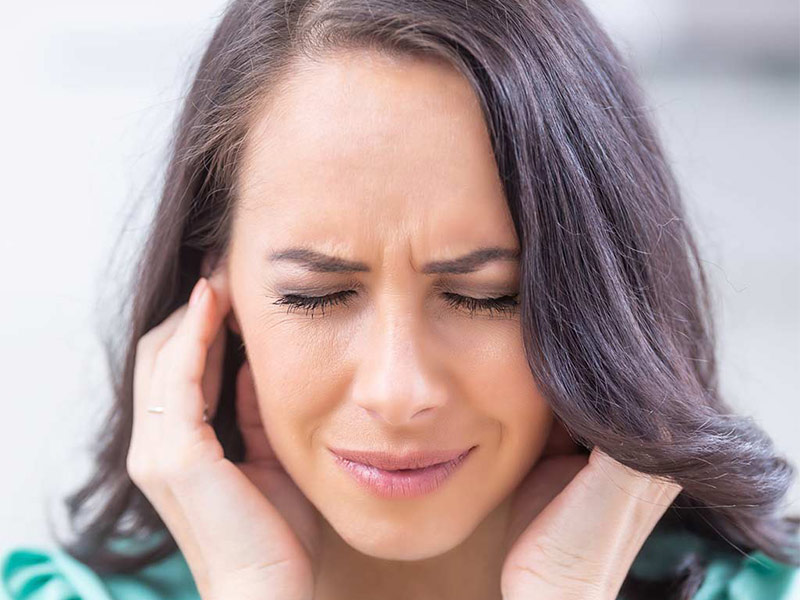Tinnitus
FDA-Approved Tinnitus Treatments
If you are looking for tinnitus treatment in Paradise Valley, Scottsdale, Cave Creek, Fountain Hills, and Phoenix, AZ, then you’ve come to the right place. Our highly-trained office understands that your tinnitus experience is a frustrating experience that might last a lifetime without treatment. That’s why we do more than offer FDA-approved treatments for our patients; we also provide our patients with ongoing support, counseling, and referral sources that make the perception of tinnitus significantly reduced, and often eliminated, in over 80% of patients.

Why Choose Hearing and Brain Centers of America?
For patients and family members alike, visiting our office is a win-win. Our experienced team is trained by Dr. Darrow, a Harvard Medical and M.I.T. Trained Neuroscientist, with specialty training in the neural consequences of auditory system damage that result in your perception of tinnitus. As a patient, you can be confident that you are receiving 5-star-rated care from America’s Highest-Rated Tinnitus Treatment office.
Our advanced treatment technology, combined with our neuroscience experience, means you will get compassionate care from a knowledgeable specialist. We’ll be sure to take our time to answer all your questions, too. We want to help you effectively reduce and/or eliminate your perception of tinnitus for a lifetime of great hearing health.
We offer direct stimulation, indirect stimulation, brain training, and more. Patients aren’t the only ones who love us, either. Spouses and family members especially appreciate the renewed "you" after reducing the frustration and annoyance of tinnitus. Before you know it, you’ll be referring your friends and family to our office.
Choose from the menu below to learn more about tinnitus treatment at Hearing and Brain Centers of America.



